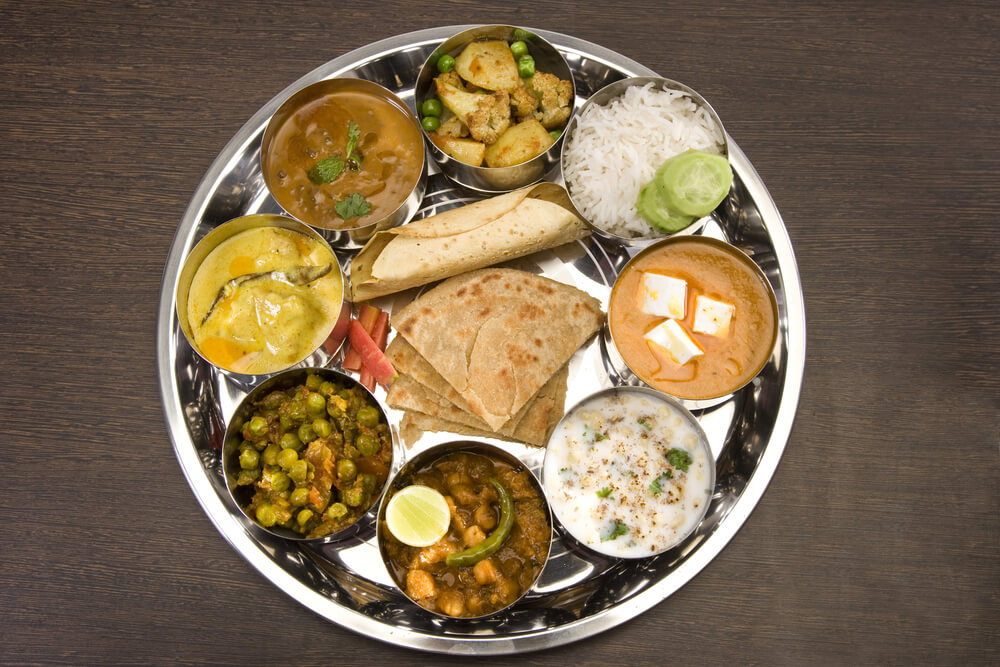
5 North Indian Baby Food Recipes
1 Jul 2022 | 4 min Read
Tinystep
Author | 2574 Articles
Research shows that children who are given food with a variety of spices and flavors are less likely to be fussy eaters in the future. So, if you want to introduce your baby to flavours, India is the best place to find it. With over a 100 spices, Indian food is flavorsome and healthy. Here are 5 recipes North Indian foods you can give your toddler after the age of 6 months or after they have started having solid foods.
1. Carrot kheer
Carrot is a very good vegetable to introduce to your child as his/her first vegetable. They are also very easy for babies to swallow. Also, most babies tend to like carrots as are they are one of the sweetest vegetables and babies have a natural preference for sweet foods. Carrots are also very nutritious, as they are high in their Vitamin A content, which helps in the development of your baby’s eyes. However, make sure you offer carrots to your child after they are 6 months old, as carrots have nitrates and chemicals that could cause a type of anemia in babies. Apart from that, carrots are also rich in fiber, iron, calcium and Vitamin C.
Learn how to make a healthy and yummy breakfast using carrots for your baby here.
2. Methi khichdi
Methi for babies was previously considered to be dangerous for consumption, but it has been found that it is actually perfectly safe and very healthy. Though, the amount that you are feeding to your child should be monitored, as it does have a couple side effects. Khichdi is considered to be a comfort food in India and it truly is one of the tastiest dishes. It is packed with nutrients and also is very easy to digest, making it perfect for babies. However, make sure that your baby is older than 11 months before you feed her this dish.
Learn how to make yummy khichdi for your baby here.
3. Moong dal soup
Moong dal is packed with protein and is very healthy, as it helps protect the immune system. Moong dal soup is the perfect and most comforting soup for your baby as it nourishes the body and even helps recover from a cold, cough, dehydration and even the flu. This particular dal is a good source of protein, vitamins and minerals. It protects the liver and is also easy to digest. It even helps stimulate your baby’s immune system, meaning it protects your baby fight against cold and other common illnesses. Make sure your toddler is over 6 months before you feed them any food with this dal.
Learn how to make nutritious Moong Dal Soup for your toddler here.
4. Apple ragi halwa
The saying “An apple a day keeps the doctor away” really does hold good.
Apples are very healthy for babies, as they help cure stomach problems and relieve constipation, diarrhea and dysentery. It also helps reduce cough, and aids in dental development and helps cure dental disorders. It is important to make sure that your baby is older than 6 months before you introduce them to the fruit. Also, remember to not give any apple seeds to your baby as they are not good for them. Ragi is also very nutritious and comes with many health benefits. Combining the two to make a halwa is probably the best decision you could make for your baby foodwise.
Learn how to cook a healthy and tasty Apple Ragi Halwa here.
5. Potato rice
Potatoes should be included in your baby’s diet as it is easy to digest and provides your baby with a lot of energy to make sure that he/she is active. It is a source of many vitamins and minerals and it also protects the liver. While giving potatoes to your baby, make sure the potatoes are clean and completely peeled. Also, feed your child only boiled potatoes in small amounts. It is advisable to introduce them after your baby is 7 or 8 months old. Rice is very nourishing for your baby, so giving them a meal that is a combination of potato and rice will ensure that they get their daily nutrients. It is also easy to digest and is something your child is bound to relish.
Learn how to cook potato rice here
A


Suggestions offered by doctors on BabyChakra are of advisory nature i.e., for educational and informational purposes only. Content posted on, created for, or compiled by BabyChakra is not intended or designed to replace your doctor's independent judgment about any symptom, condition, or the appropriateness or risks of a procedure or treatment for a given person.
